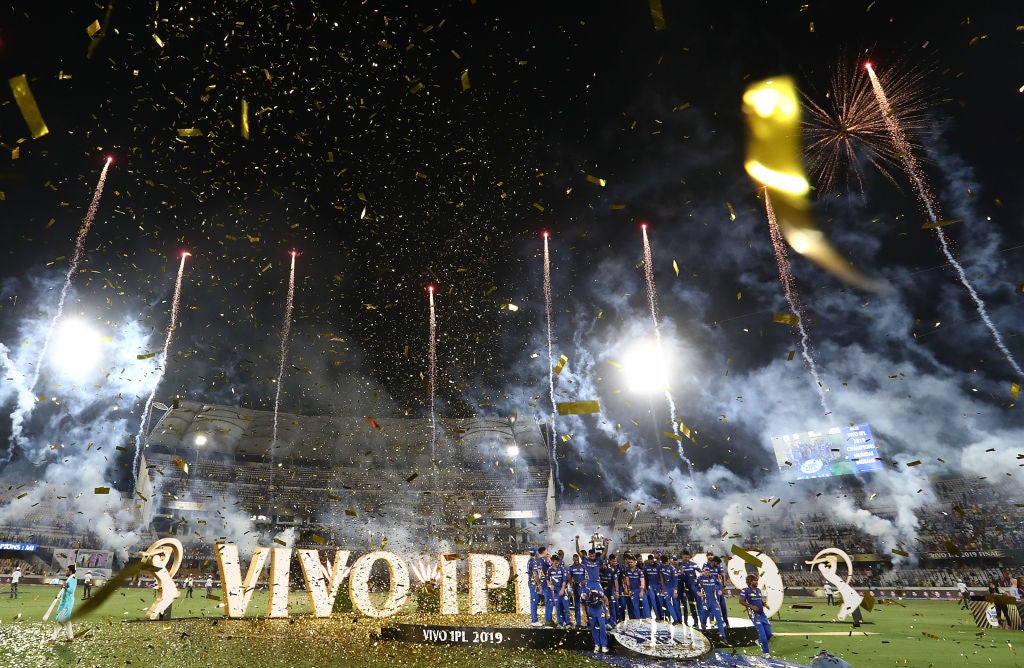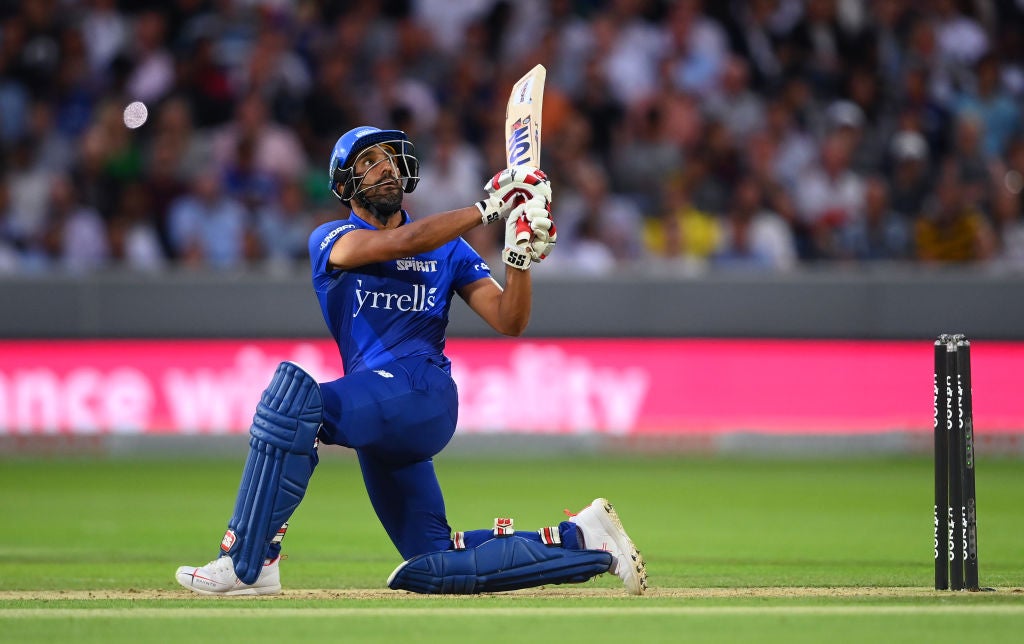‘You felt like a rock star’: How the IPL transformed cricket and what comes next
An IPL across multiple nations has been suggested as the next possible adventure as the original gamechanger returns for a 15th year

Few events in history have transformed the future of a sport as dramatically as the Indian Premier League (IPL), which now kicks off its 15th edition in Ahmedabad.
Back in 2008, it began to considerable fanfare but virtually no English involvement. A brash cricket revolution which, some thought and certainly the ECB hoped, would fall flat on its face.
Now, a decade and a half on, it dominates the global cricket schedule, the tentacles of its franchise owners stretching far beyond Indian borders.
The wealth of the league has transformed the finances of cricketers across the world, paying sums which would have been utterly unthinkable in the years preceding its creation.
“I was only there for two weeks but the money on offer in comparison to county cricket was ridiculous,” says Dimitri Mascarenhas, the first English cricketer to be given the chance to play in the tournament. “But it wasn’t about the money. You just felt like a rock star. It was cricket, but it wasn’t cricket as we knew it.”
A year after the then Hampshire captain was snapped up by Shane Warne’s Rajasthan Royals, Kevin Pietersen and Andrew Flintoff went for then-record fees of $1.55m (£1.25m) in an auction which opened the financial floodgates for the generation that followed.
Preventing players from throwing their hats into the ring to play in a competition which has seen a six-fold increase in the value of its broadcasting rights since an initial two-year deal with Sony worth $1.05bn (£850m), was no longer an option for those in English cricket’s corridors of power.
And the players who will come home from this season’s IPL with their bank balances suitably swelled have every reason to be thankful for pioneers like Mascarenhas.
“I didn’t really see myself in that way,” he says. “But after the first year it was pretty clear that this was going to be big. And wasn’t going to go away.”
Standing on the steps of the pavilion at a Hove ground which hosted its first match in 1872, staring out over a lush green outfield under slate grey skies, is an incongruous setting to discuss the evolution of a format that couldn’t be further removed from sporting tradition.
The still of an early Spring morning by the seaside couldn’t be further removed from the noise and colour of an IPL fixture in Mumbai or Hyderabad. But Ravi Bopara and Tymal Mills, the Sussex pair who, between them, have played for five franchises in the competition are as well-placed as anyone to discuss the evolution of both the IPL and T20 cricket at large.
During the recently concluded press conference, some questions had focused on whether English players would ultimately be made available for this summer’s Major League Cricket (MLC) tournament in the USA.
The mere notion of players leaving the country to head across The Pond to play cricket in the middle of the season would have been laughable back in 2008. Now, it’s a serious possibility.
“I would never have thought that would have happened,” says Bopara, who has already played Minor League T20 cricket in the USA. “But I don’t think a lot of people would have predicted many of the things that have happened over the past ten years.”

The Mumbai Indians, Chennai Super Kings, Delhi Capitals and Kolkata Knight Riders, have all invested in MLC. The six franchises in South Africa’s recent T20 tournament were all owned by IPL franchises, as were five of the teams in the recent IL20 held in the UAE.
“They’ve got the means, they’re some of the richest people in the world (IPL franchise owners),” says Mills. “I played for the Mumbai Indians last year and money isn’t an issue. They have a brand, they have a company and they want to be as big as possible.”
Bopara, meanwhile, still believes a large part of the IPL story remains unwritten.
“You could see the IPL being played in every country,” he says. “You could get the IPL in India, and the IPL in Australia, the IPL in America and the IPL in Sri Lanka. You could get the IPL being played eight times a year all over the world.”
The Independent asks the pair if this ubiquity would still appeal. It doesn’t take long for a smile to appear on their faces.
“Cricket’s cricket, I don’t care where you play it,” says Bopara. ”If I’m playing cricket, I’m happy – the admin side? That’s not my job. It’s my job to play cricket because that’s what I love doing.”
Both say that they would still fancy a run-out in the County Championship, Bopara jokes that he had a dream about doing just that recently.
So, how many runs did he score on a green top against the swinging red ball? “I woke up before I found out,” he says, laughing.
For cricketers who have experienced the financial and sporting joy of the IPL since 2008, the competition has proved a dream come true.
Join our commenting forum
Join thought-provoking conversations, follow other Independent readers and see their replies
Comments
Bookmark popover
Removed from bookmarks